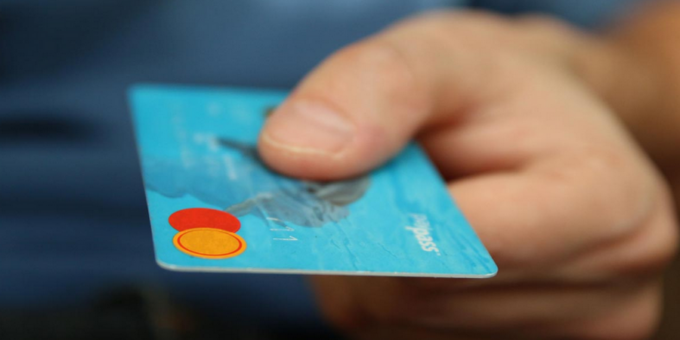
Maxing out your credit cards can feel overwhelming, but with the right approach, you can take control, improve your financial health, and even boost your credit score in the process. Here’s a step-by-step guide on how to bounce back.
1. Understand the Impact of High Credit Card Utilization
When you max out your credit cards, your credit utilization ratio—how much of your available credit you’re using—goes up significantly. High credit utilization is one of the major factors that can lower your credit score, which may lead to higher interest rates and challenges in securing future loans. Knowing the impact can help motivate you to make changes.
2. Create a Budget
A budget is key to managing debt and setting clear goals for your spending. Track your income and expenses to understand where your money is going each month. Identify areas where you can cut back, even if temporarily, to free up cash for your debt repayment efforts. Consider adopting budgeting tools or apps to keep your finances organized and ensure you stick to the plan.
3. Focus on Paying More Than the Minimum Payment
Paying only the minimum each month can trap you in a cycle of high-interest payments that barely make a dent in the principal balance. Aim to pay more than the minimum to reduce the overall interest paid over time and decrease your balance faster. Even adding a small extra amount to each payment can lead to faster progress.
4. Use the Snowball or Avalanche Method
To stay motivated and focused, try using the Debt Snowball or Debt Avalanche methods:
- Debt Snowball: Pay off your smallest balances first, regardless of interest rates. This approach can build momentum and give you confidence as you see cards paid off one by one.
- Debt Avalanche: Focus on paying off your debts with the highest interest rates first. This method saves the most on interest, though it may take longer to see initial progress.
Choose the approach that best fits your personality and financial needs.
5. Consider a Balance Transfer or Debt Consolidation Loan
Balance transfers and debt consolidation loans can help reduce the interest you’re paying. Some credit cards offer 0% APR introductory rates on balance transfers for a limited time, which can make it easier to focus on paying down the principal. Just be mindful of any fees associated with balance transfers and aim to pay off the balance within the introductory period.
Debt consolidation loans combine multiple debts into one loan, typically with a lower interest rate, which can simplify payments and reduce overall interest costs. However, ensure you commit to using the loan responsibly and avoid accumulating more credit card debt.
6. Earn Extra Income to Speed Up Payments
Increasing your income can help speed up your repayment process. Consider taking on a part-time job, freelancing, or selling items you no longer need. Direct any extra earnings toward your debt to make faster progress and reduce your balances.
7. Contact Your Credit Card Issuer for Help
Credit card companies may be open to negotiating payment terms if you reach out and explain your situation. Some issuers may offer temporary interest rate reductions, extended payment plans, or hardship programs to make payments more manageable. It’s worth the call, as it may save you money and stress.
8. Focus on Building Good Financial Habits
In addition to paying off your debt, focus on building positive financial habits. Try to save an emergency fund to cover unexpected expenses, so you won’t need to rely on credit cards in the future. Practice budgeting and avoiding impulse purchases, especially when using credit cards.
9. Monitor Your Credit Report Regularly
Keep an eye on your credit report to ensure all information is accurate. Monitoring your credit report can help you stay aware of any issues and track improvements as you pay down your balances. Free credit monitoring services are available, or you can check your credit report once a year from each major credit bureau for free.
10. Celebrate Your Progress
Paying off maxed-out credit cards is a major achievement. Celebrate milestones as you go along to stay motivated. Whether it’s paying off one card entirely or reducing your total debt by a set percentage, acknowledging your progress can keep you focused on the end goal.
Bouncing back from maxed-out credit cards requires a mix of financial strategies, commitment, and patience. By creating a budget, focusing on debt repayment strategies, and building healthier habits, you can regain control of your finances and improve your credit score. The process may take time, but each step forward is progress toward financial freedom.